Practical year abroad
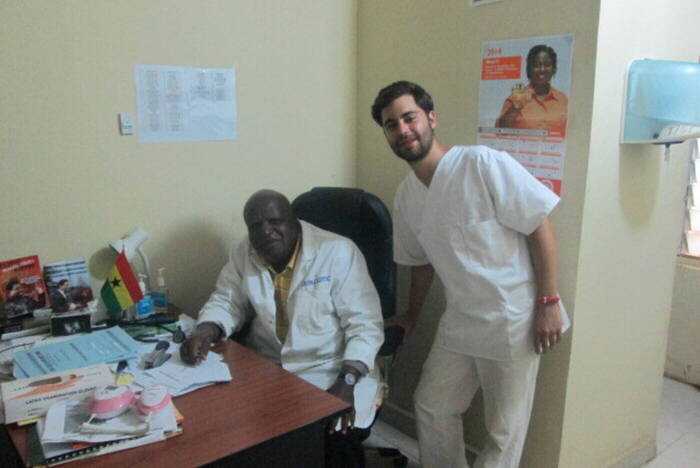
Are you studying medicine, have already gained specialist knowledge and would like to deepen it in a new environment? Then it makes sense for you to complete your practical year abroad! In this way you not only expand your medical skills, but also get to know the work in the health sector of another country and develop yourself personally. All information about the practical year, special features abroad and the organization can be found here.
More projects These projects could interest you
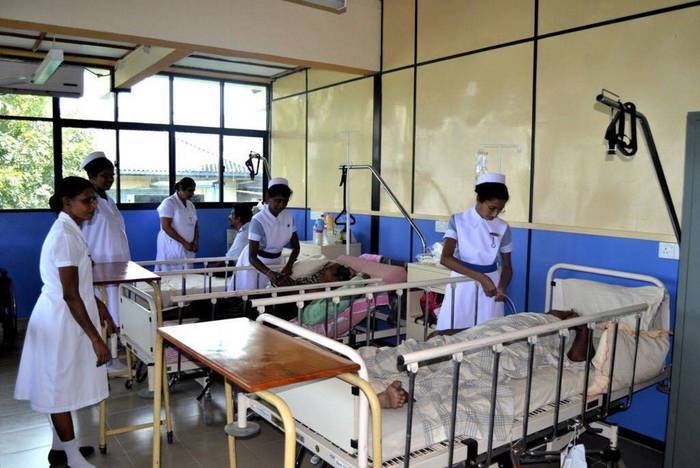
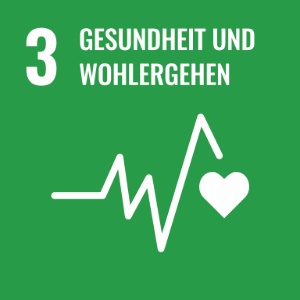
Sri Lanka | Hospital & doctor's office

Dominican Republic | Hospital & doctor's office
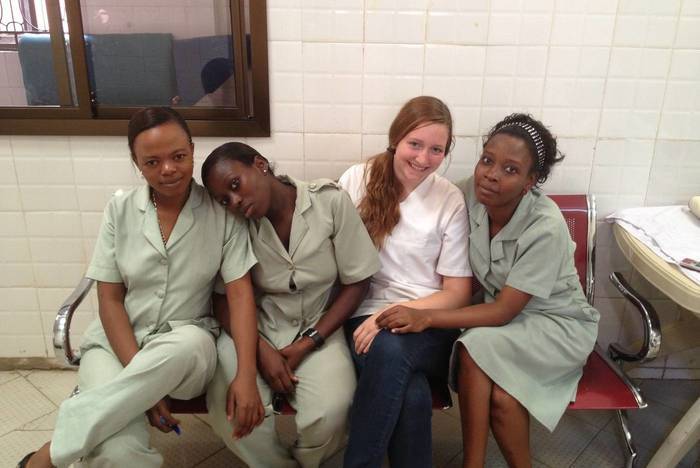

Tanzania & Zanzibar | Hospital & doctor's office
Practical year in medical studies - What is the practical year?
In addition to the clerkship you have to during your medical school complete a practical year (PJ) in Germany. It is the last part of your studies and serves to deepen the knowledge and skills you have acquired in practice. As the name suggests, the PJ usually lasts a full year and can be completed in various medical institutions.
A pair of care Internship is a separate training course that focuses on caring for patients and is usually undertaken by people who want to pursue a career in nursing. It is not specifically aimed at medical students and focuses on nursing practice and the care of patients. Nursing internships can be Hospitals, nursing homes, clinics or other medical facilities.
The aim of the practical year is to deepen your medical knowledge, to facilitate the transition from theory to practice and to prepare you for everyday life and your role as a doctor. At the end of the practical year, you will take the second state examination, which will ultimately qualify you to practice a medical profession.
How is the PY structured?
Similar to the clerkship, the practical year is divided into three sections of 16 weeks each, so-called tertials. The following areas are mandatory:
- Internal Medicine
- surgery
- elective
During this time, you will work under the supervision of experienced doctors and be responsible for patient care.
When can I do my PJ?
The practical year is part of your medical training and is completed after the successful completion of the second state examination. There are fixed dates when you can start your PJ. However, the exact dates may vary depending on the university and federal state. As a rule, however, the PJ begins after the 10th semester of your medical studies.
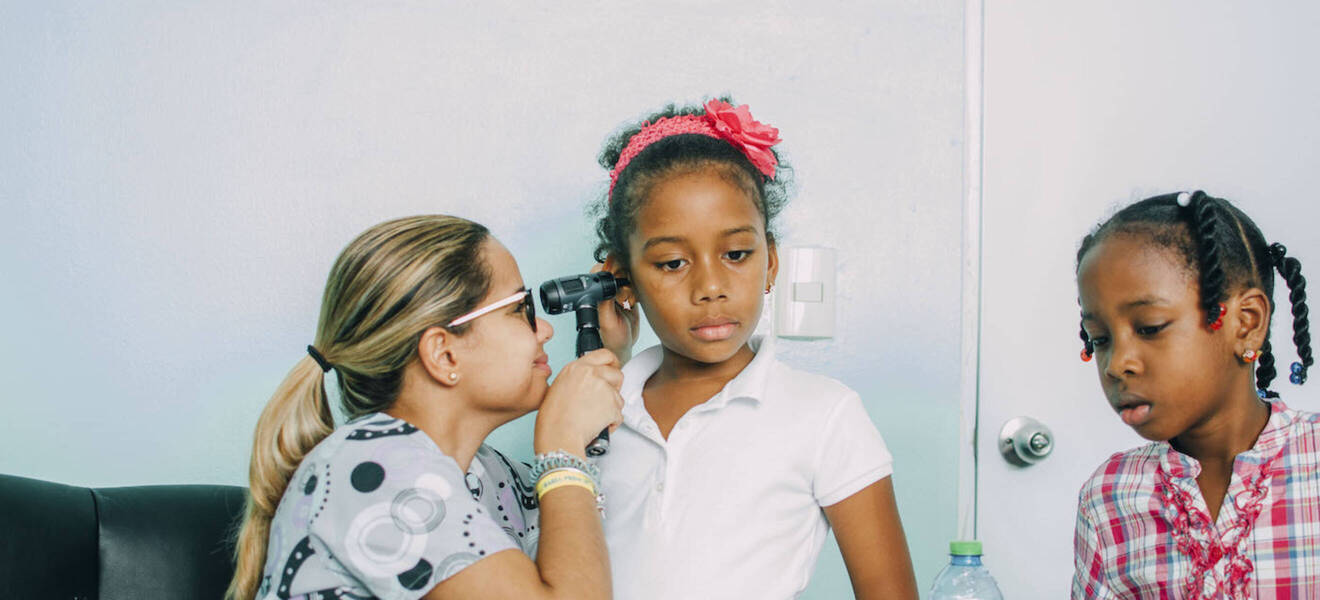
Why you should do your practical year abroad
As a medical student, it is important to gain a lot of practical experience. During a practical year abroad, you will also gain additional valuable insights and skills. This gives you the opportunity to get to know the work in clinics, hospitals or other healthcare facilities in another country and thus expand your knowledge and skills in an international environment.
Expanding your professional skills abroad
During a practical year abroad you will not only improve your clinical skills - you may also encounter other medical approaches that you have not previously known. Your stay abroad is therefore an ideal opportunity to get to know diagnostic and treatment methods as well as therapeutic approaches that may not be as common in your home country.
In certain regions, it is also a good idea to improve your skills in special areas, such as tropical medicine or rare diseases. The expertise of the on-site specialists will certainly help you to deepen your knowledge.
intercultural competences
If you complete your practical year abroad, you will not only gain technical knowledge but also valuable intercultural skills. In exchange with the people at your place of work and through everyday life in another country, you will get to know new living environments and experience cultural differences up close. Dealing with patients and colleagues from different cultural backgrounds also promotes your empathy and communication skills.
You will also get to know the structures and processes of other healthcare systems during your practical year abroad. You can certainly incorporate this experience into your future medical work.
Personal development
Last but not least, your personality development is also of great importance during your stay abroad. After all, working in another country not only improves your communication and language skills - by overcoming new challenges in a new environment, you also promote your flexibility and independence.
During your practical year abroad, you will certainly gain new perspectives on health and illness and thus broaden your horizons.
Where can you do the practical year abroad?
In principle, it is possible to complete a practical year for your medical studies in any country and any medical discipline. The choice ultimately depends on your own interests and goals. For example, if you would like to deepen your understanding of global health issues, a country with limited resources is a fitting choice. Or do you want to learn more advanced medical procedures? Then a country with a well-developed healthcare system would be a good target. In any case, you will come back with many new impressions and skills!
In which medical institutions is a practical year abroad possible?
In principle, you can complete your practical year in medicine in any type of healthcare facility - whether in Hospitals, clinics, practices or nursing homes. Depending on your specialty and interest, you can look for a suitable position.
With Rainbow Garden Village, for example, you can work in larger and smaller clinics, including the Dominican Republicin Tanzania or Uganda. But also in day clinics and outpatient clinics, for example in South Africa or Sri Lanka.
What can you expect from the practical year in Africa, Asia and Latin America?
When doing medical work in countries in Africa, Asia or Latin America, it can often happen that you are confronted with different standards than you may have been used to before. This can be a challenge at first, but it will certainly help you in both professional and personal terms.
For example, you will learn on site how to deal with the different medical standards and limited resources in order to still ensure the best possible care for all patients. In rural areas in particular, you often face special challenges that will teach you how to develop suitable solutions.
In some regions, you may also encounter alternative and traditional healing methods. These experiences are also very valuable, because they ultimately expand your understanding of holistic therapy approaches. Depending on where you work, you may also be confronted with diseases that are less common in your home country, such as dengue fever or malaria. This gives you the opportunity to develop your skills in the field of tropical medicine and infectious diseases.
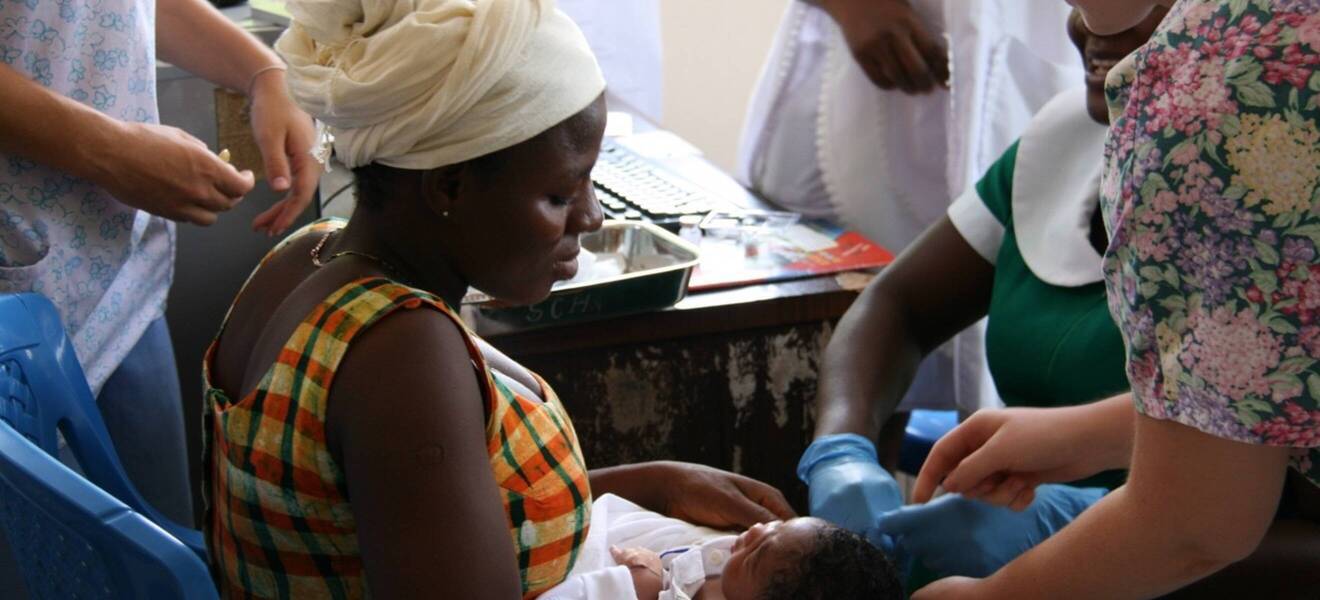
How do I plan my practical year abroad?
If you decide to do your medical internship abroad, you'll need to plan a few things in advance, such as funding options, insurance, and getting your PY recognized.
Application for a PJ abroad
The application process for a PJ abroad can differ from country to country. Application deadlines can also vary greatly. You can do the application yourself and apply directly to clinics and hospitals or have your stay abroad organized by an organization like Rainbow Garden Village.
All you have to do is get in touch with us and we will help you to find a suitable medical facility for your traineeship abroad.
For the further application process you have to do a few more proof and submit the following documents to us:
- Curriculum vitae
- the Motivationsschreib
- Certificates
- certificate of study
- Proof of language proficiency
- criminal record
- Birth certificate
- Passport (valid for at least six months after return)
- Proof of foreign health insurance & liability insurance
- In the case of minors: declaration of consent from legal guardians
- if necessary proof of vaccination
How much does a PY abroad cost?
We cannot give a general answer as to how much your PJ abroad will cost. Depending on which country you choose and how long you are involved there, the participation costs vary in height. That's why you should think about financing your PJ in advance.
In our guide we give you 10 tips on financing, so that you can fulfill your dream of a PY abroad.
What insurance do I need for a PJ abroad?
A comprehensive one Insurance coverage for your trip is essential. These include international health insurance and liability insurance. Find out in advance whether the insurance is valid in your desired country.
Do I need a visa?
For many countries you have to register in advance apply for visa. We will be happy to advise you on visa and entry requirements, but you are ultimately responsible for the application yourself. On the side of Foreign Office you will find helpful information about entry requirements and applying for a visa.
Recognition of the PY abroad
Find out from your university which criteria apply to the practical year abroad so that the experience you have gained is also recognized for your studies in Germany.
Conclusion
The planning of your PJ abroad should definitely be well thought out so that you come back with many valuable memories and experiences. The above points will definitely help you with your planning. You can find out what else you should pay attention to in our guide for Travel preparation ...
In any case, we advise you to inform yourself in good time and to start planning your practical year early so that your stay abroad is a complete success.